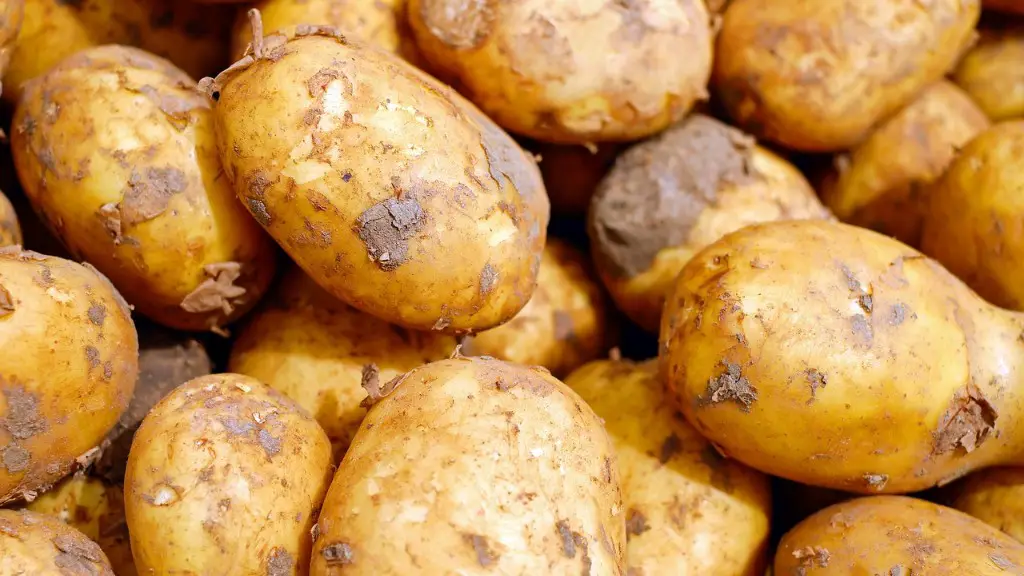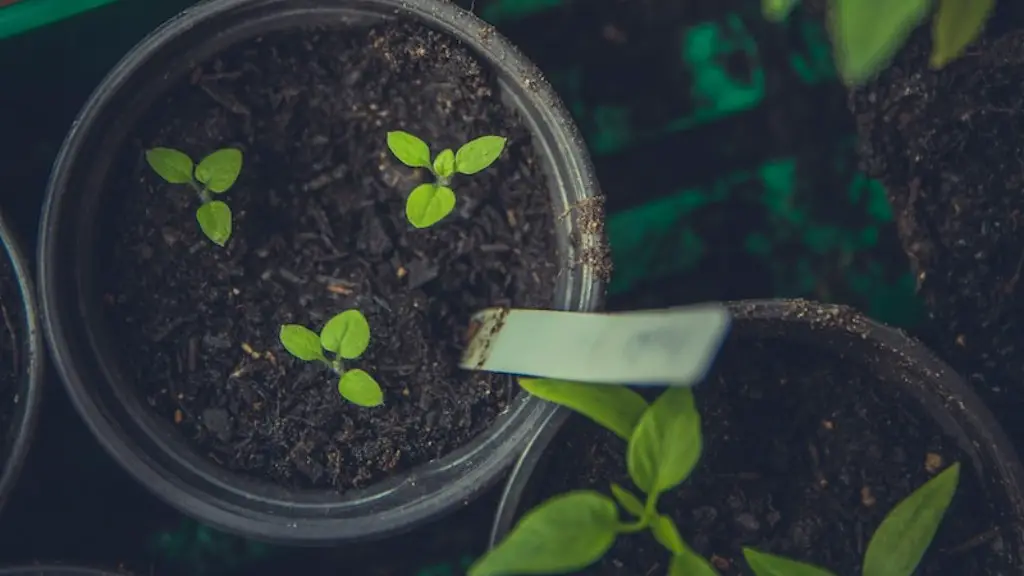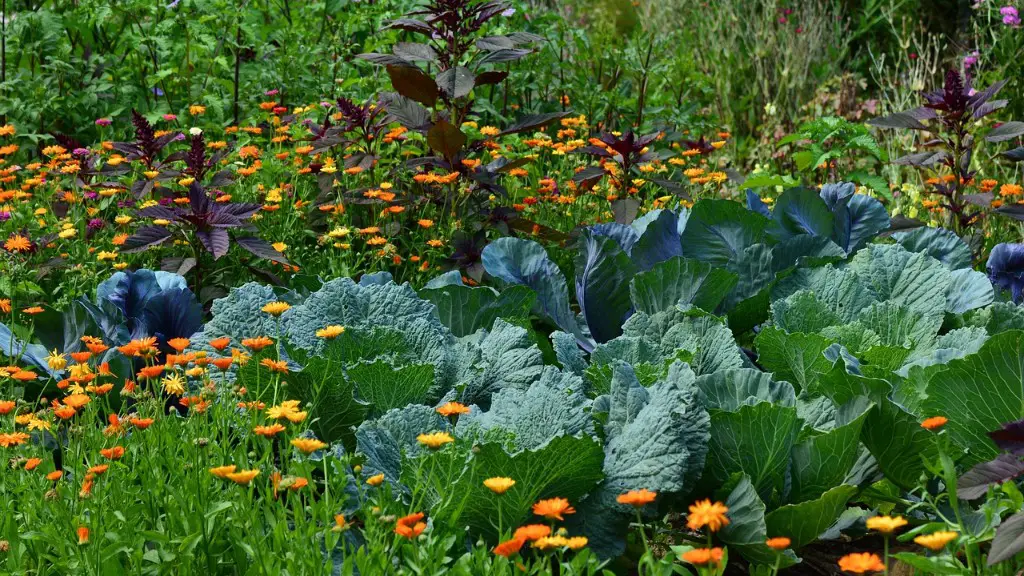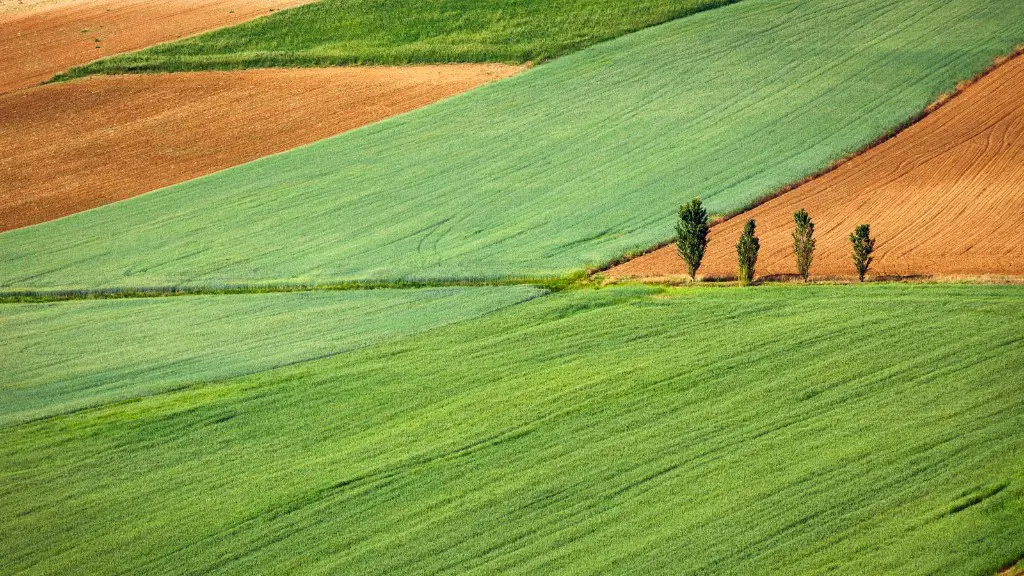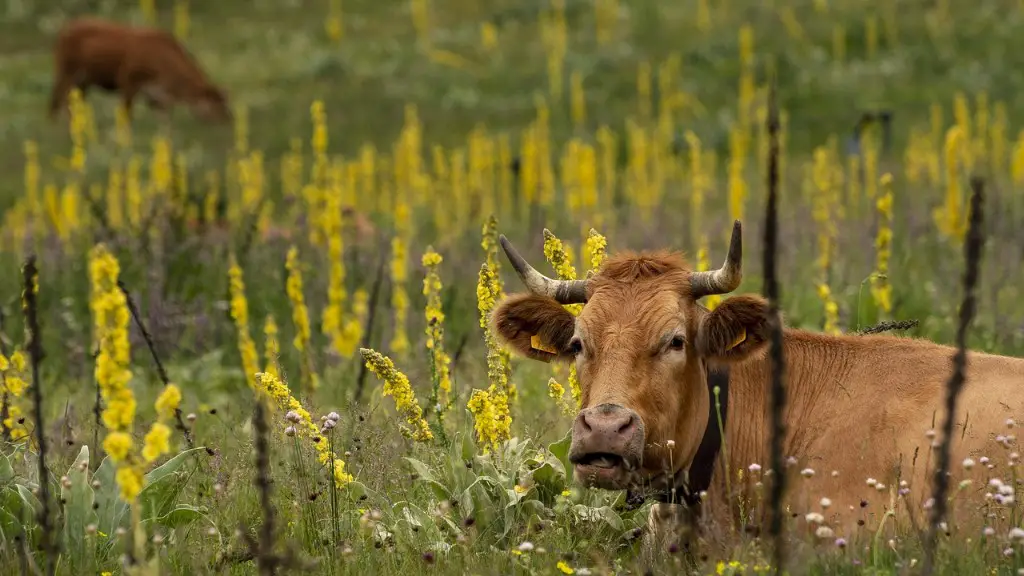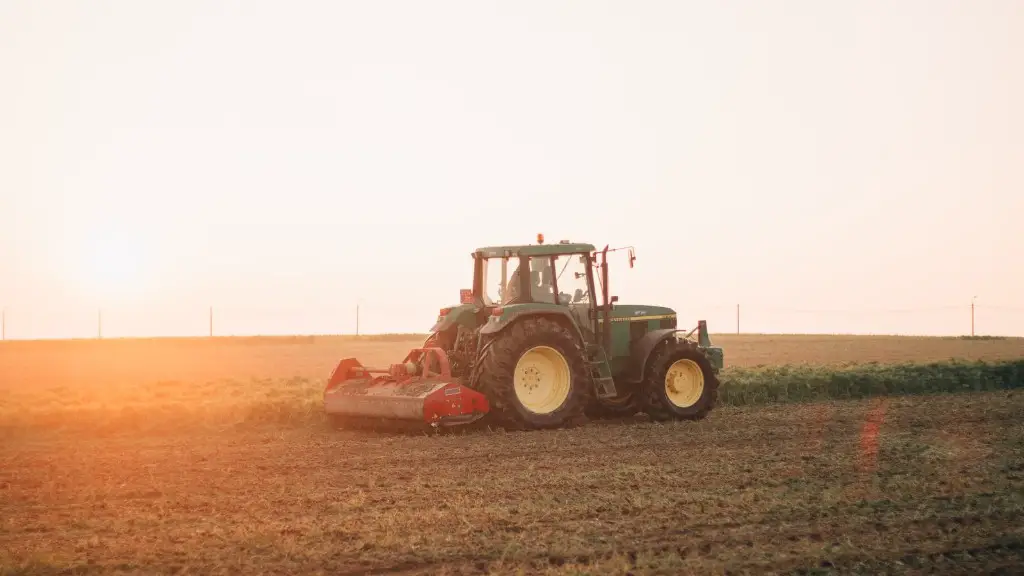The Bible has a lot to say about agriculture! In the Old Testament, God gives specific instructions to the Israelites about how to farm their land. In the New Testament, Jesus often talks about farming metaphorsically, using them to teach about spiritual truths. Throughout the Bible, agriculture is seen as a good and necessary thing, a way to provide for people and to bless the land.
The Bible has a lot to say about agriculture! In the Old Testament, God told Noah to take seven pairs of every clean animal and two pairs of every unclean animal onto the Ark (Genesis 7:2). This shows that God values animals and wants us to take care of them. In the book of Leviticus, God gives instructions for how the Israelites are to farm their land (Leviticus 25:1-7). He tells them to let the land rest every seven years so that it can recover from all the farming. In the New Testament, Jesus talks about farming in the parable of the sower (Matthew 13:3-9). He says that the farmer sows the seed, but it is up to God to make the seed grow. This shows that even though we work hard, we still need God’s help to be successful.
What is the biblical verse about agriculture?
This verse from Genesis describes God’s creation of plants and trees. He created them to bear fruit with seeds in it, so that they could reproduce and create more plants and trees. This is a beautiful example of God’s creation and how He designed everything to work together perfectly.
Crop residue burning is a common practice in many parts of the world, but it has a number of negative consequences. First, it releases greenhouse gases into the atmosphere, contributing to climate change. Second, it can cause air pollution, which is harmful to human health. Third, it reduces the amount of organic matter in the soil, which is important for maintaining soil fertility. Finally, it can contribute to the spread of wildfires.
There are a number of alternatives to burning crop residues. One is to cover the soil with them, which helps to protect it from erosion and can improve soil fertility. Another is to weed regularly, which saves labor on plowing and allows for more time to be spent on other tasks. Finally, crop rotation can be practiced, which helps to keep the soil healthy and diverse.
What does it say about farmers in the Bible
This is good advice for farmers, and for everyone else. It is better to take action and risk failure than to do nothing and be certain to fail. It is better to plant your seed in the morning and hope for the best than to wait for perfect conditions that may never come.
The Hebrew Bible contains a passage in which God tells humanity that they are allowed to eat from any tree in the Garden of Eden, except for the tree of the knowledge of good and evil. This passage has been interpreted in a variety of ways, but it is generally understood to mean that God gave humanity permission to eat plants and fruits for food.
What are the proverbs of Agriculture?
Agriculture is the wisest pursuit because it will ultimately contribute the most to real wealth, good morals, and happiness. The farmer has to be an optimist because otherwise he wouldn’t still be a farmer. A good farmer is nothing more nor less than a handy man with a sense of humus.
So God made a farmer. He was strong enough to clear trees and heave bails, yet gentle enough to tame lambs and wean pigs and tend the pink-combed pullets. He would stop his mower for an hour to splint the broken leg of a meadow lark.
What does Adam Smith say about agriculture?
According to Adam Smith, agriculture is the most beneficial to society out of all the arts. He believed that agriculture adds more value to the annual produce of the land and labor than any other industry. This is because agriculture provides the necessities of life that all other industries rely on, such as food and shelter.
The basic goals of sustainable agriculture are to protect the environment, improve economic profitability, and ensure social and economic equity. Sustainable agriculture practices seek to reduce the negative impact of farming on the environment, while improving the economic bottom line for farmers. In addition, sustainable agriculture must provide farmers with the opportunity to make a decent living, and protect the rights of workers and communities.
What are the four pillars of agriculture
There are four pillars of agricultural success, which are essential for farmers to achieve maximum yields and profits. These pillars are agronomy and analytics, fertility, biological inoculants, and plant enhancement technology.
Agronomy and analytics enable farmers to optimize their crop production by understanding and utilizing data related to weather, soils, and plants. Fertility is essential for crops to grow and produce bountiful harvests. Biological inoculants help crops to resist disease and pests. Plant enhancement technology can improve the quality and yield of crops.
When all four of these pillars are in place, farmers are able to achieve optimal results in their agricultural endeavors.
The land burst forth with every sort of grass and seed-bearing plant in accordance with God’s will. The trees grew seed-bearing fruit, and the seeds produced the kinds of plants and trees from which they came. This cycle continued in accordance with God’s plan.
What does the Bible say about harvesting crops?
The book of Leviticus contains the laws that God gave to the people of Israel. In chapter 19, verses 9-10, God gives the law concerning harvests. The people were not to reap their fields right up to the edge, nor were they to gather the gleanings after the harvest. They were also not to strip their vineyards bare or gather the fallen grapes. These laws were given so that the people would be generous and not take all that they had.
The term “harvest” in Scripture usually refers to the time when crops are gathered in, usually at the end of the growing season. In a spiritual sense, harvest time represents the gathering of souls into the Kingdom of God. The days leading up to the harvest are a time of preparation, when we sow the seeds of the gospel and share our faith with others. The harvest is also a time of thanksgiving, when we give thanks to God for His bountiful provision.
What does God say about growing plants
This is a verse from the Bible (1 Corinthians 3:6-8) that speaks about the role of each person in the growth of the church. We are all responsible for planting and watering the seeds, but it is God who makes things grow. We will all be rewarded according to our own labor.
This verse is a promise from God that those who trust in Him will be like a tree that is planted by Him. They will be strong and not afraid when times are tough, they will bear fruit in season, and they will glorify Him.
What is the parable of the farmer?
The Lord spoke this parable to teach about the dangers of not being receptive to the Word of God. Some people allow the Word to take root in their hearts, but it is quickly choked out by the cares of this world or other distractions. Others receive the Word with joy, but it does not last because they do not have deep roots in Christ. Still others allow the Word to take root, but it withers away because they are not watering it with prayer and obedience. We must be careful to receive the Word of God with open hearts, and then to cultivate it with diligence, if we want it to bear fruit in our lives.
Agriculture is a vital part of our ecosystem and its importance should not be underestimated. By increasing biodiversity through sustainable practices, we can create a healthier environment for everyone. This includes the soil, water, and even the pollinators that help keep our food system going. With less erosion and better conservation, we can create a more sustainable future for generations to come.
Warp Up
There is no specific mention of agriculture in the Bible, but there are several verses that mention farming, planting, and harvesting. For example, in Psalm 104:14, it says “He causes the grass to grow for the livestock and plants for man to cultivate.” This shows that God has given us the earth and its resources to use for our benefit, including farming and agriculture. There are many other verses that talk about how God provides for us and how we are to steward His resources. Overall, the Bible speaks highly of those who work hard and use their talents to care for the earth and its people.
The Bible has a lot to say about agriculture, from the very beginning in Genesis when God created the world and placedAdam and Eve in the Garden of Eden, to the end of Revelation when the new heavens and new earth are described. In between, there are many references to seed time and harvest, planting and reaping, and the importance of taking care of the land. Agriculture is clearly important to God, and He has given us His Word to guide us in how to do it.
